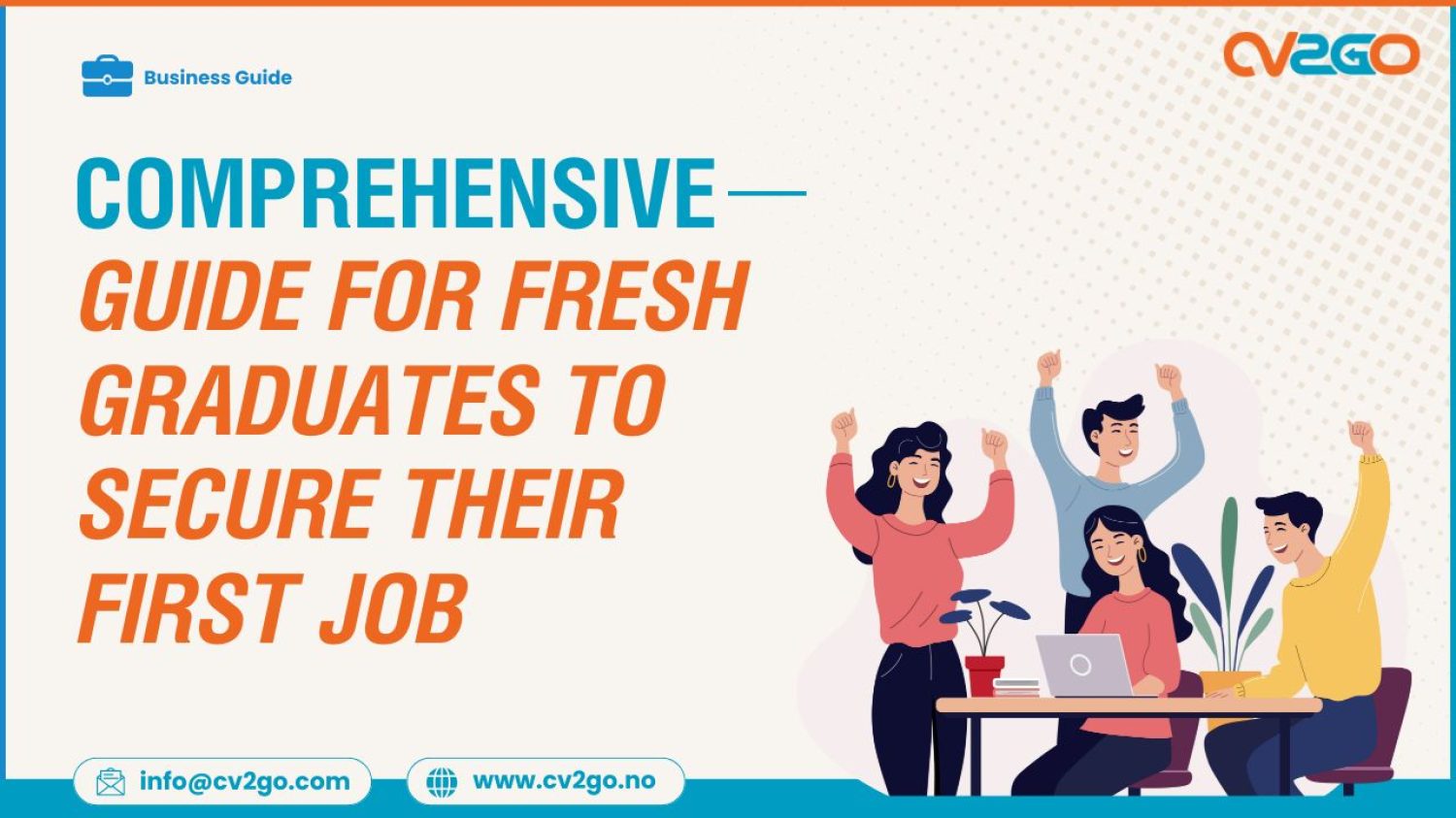Congratulations on graduating! As you step into a new chapter of your life, the opportunities are endless, but navigating the job market can feel overwhelming. Securing a job after college comes with challenges, but with the right strategies, you can maximize your chances of success. This guide is here to simplify the process and equip you with actionable tips for your job search.
Step 1: Research the Job Market
The first step to launching your career is understanding the job market. Explore both entry-level and senior-level positions to identify the skills and qualifications employers value most. Look into industry trends, common qualifications, and the types of roles available in your field. Craft a clear vision of your career path and plan how to achieve your ultimate goals from day one.
Don’t be afraid to make mistakes. You may land a job quickly but find that it’s not the right fit—that’s okay. Each experience can lead to future opportunities, even if it’s not exactly what you envisioned initially. Remember, every role you take builds your skills, network, and understanding of the professional world.
Step 2: Master Interview Etiquette
Getting called for an interview is exciting, but preparation is key to making a positive impression. Interviews are conversations that help both you and the employer determine if you’re a good fit. Keep these tips in mind:
- Always be punctual or notify the employer if you’re running late.
- Listen carefully to questions and answer thoughtfully without rushing.
- Respect everyone you meet during the process, from admins to hiring managers.
- Maintain a polished appearance and professional demeanor.
- Avoid slang, inappropriate language, or dishonesty.
- Use confident body language—maintain eye contact, smile, and nod when appropriate.
- Prepare examples of your past achievements or relevant experiences to share during the conversation.
- Practice answering common interview questions beforehand to boost your confidence.
Remember, an interview is as much about the employer evaluating you as it is about you assessing the company’s culture and fit. Don’t hesitate to ask thoughtful questions about the role, team dynamics, and company values.
Step 3: Step Out of Your Comfort Zone
Transitioning from college to the professional world requires stepping beyond your comfort zone. Conquer any fears or hesitations that may limit your progress. Take proactive steps to improve your skills, broaden your experiences, and prepare for the realities of the workforce.
This could mean attending networking events, seeking mentorship, or applying for roles outside your immediate expertise. Embracing challenges and new opportunities often leads to unexpected growth and career breakthroughs.
Step 4: Invest in Your Appearance
Your appearance plays a significant role in creating a positive impression. Dress appropriately for the role you’re applying for, and always present yourself as polished and professional. If you’re unsure about dress codes, reach out to the hiring manager or recruiter for guidance.
Investing in a few tailored, professional pieces can make a lasting impact and demonstrate your attention to detail. Ensure your grooming is impeccable—neatly styled hair, clean nails, and polished shoes all contribute to a professional image. First impressions matter, and showing that you’ve put thought into your appearance communicates respect for the opportunity.
Step 5: Gather References
As a fresh graduate, references can be invaluable. Professors, mentors, or community leaders who know your character and work ethic can provide strong recommendations. Ensure you maintain positive relationships with these individuals to help bolster your applications.
If possible, reach out to former supervisors from internships or part-time jobs. Professional references add credibility to your application and reassure employers of your potential. Always ask permission before listing someone as a reference and provide them with details about the roles you’re applying for.
Step 6: Leverage Social Media for Job Hunting
Social media platforms like LinkedIn, Facebook, and Reddit can be excellent tools for job searching. Many companies post job openings directly on these platforms. Additionally, building your professional brand on social media can open doors through networking and personal engagement with industry stakeholders.
Optimize your LinkedIn profile by including a professional photo, compelling headline, and detailed descriptions of your education, skills, and experiences. Join relevant groups and participate in discussions to demonstrate your expertise and connect with potential employers.
Step 7: Manage Expectations
While it’s natural to aim high, it’s important to align your expectations with your experience. Entry-level positions provide essential stepping stones to more senior roles. A mix of applications to both beginner and mid-level jobs increases your chances of finding the right opportunity.
Remember, promotions often come with strong performance in initial roles, so focus on building a solid foundation early on. Celebrate small milestones and remain patient as you progress through your career journey.
Step 8: Consider Internships
Internships can be an excellent pathway to employment. Many internships now offer stipends, and successful interns are often offered full-time roles. Even if a job offer doesn’t materialize, the skills and experience you gain will strengthen your resume and set you apart.
Seek internships in reputable organizations or within industries aligned with your interests. Even short-term internships can provide valuable insights and networking opportunities. Treat internships as stepping stones, and don’t hesitate to ask for feedback to improve your performance.
Step 9: Network Strategically
Networking is one of the most powerful tools in your job search arsenal. Attend industry events, join professional groups, and reach out to alumni from your college. Building strong connections can lead to job referrals, mentorship, and valuable insights into your chosen field.
When networking, always approach interactions with genuine curiosity and the intent to build mutually beneficial relationships. Keep in touch with contacts regularly, and don’t be afraid to ask for advice or introductions. Remember, networking is about building trust and rapport over time.
Step 10: Build a Professional Resume with CV2Go
Your resume is the cornerstone of your job search. To stand out, it must be well-structured, free of errors, and tailored to your target role. A poorly formatted resume can be rejected by Applicant Tracking Systems (ATS), limiting your visibility to hiring managers.
At CV2Go, we simplify the resume-building process. Our platform offers:
- ATS-Friendly Templates: Ensure your resume is easily scannable by hiring systems.
- Customizable Formats: Tailored designs for every industry and role.
- Quick and Intuitive Tools: Build your resume in minutes without technical hassles.
- Helpful Guidance: Receive tips and suggestions to make your resume stand out from the competition.
Don’t let formatting issues hold you back. Let CV2Go help you create a professional resume that highlights your strengths and secures interviews. A polished resume can be the difference between landing your dream job or getting overlooked.
Ready to Launch Your Career?
Start your career journey with confidence. Create your professional resume with CV2Go today and take the first step toward your dream job. Empower yourself with the tools and resources needed to succeed in the competitive job market!




